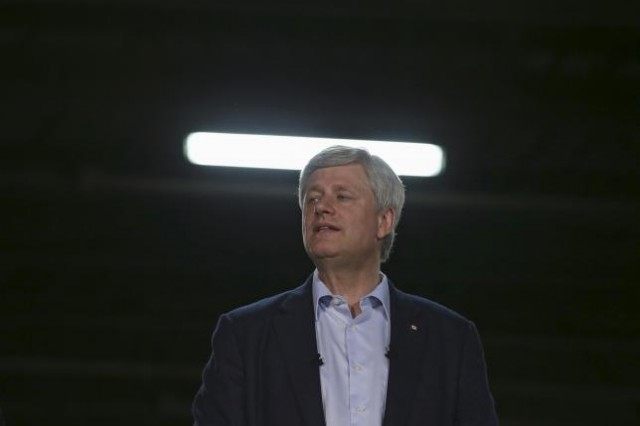Canadian federal elections typically have the half-life of a Vegas wedding. At a minimum of 36 days and rarely more than 47, the journeys to electing a Prime Minister have little time for the superfluous, but at the same time are too short to indulge in their own mythology.
The 2015 incarnation of the electoral process is a 78-day long affair making it the longest campaign for a one-day election since 1872. The result of the extended process allows us both to be exhausted by the ceremony and considerate of our past. And the past returned this week, as former Prime Minister Jean Chretien joined the conversation.
In a press scourge likely meant to help his former boss’ kid and the Liberal Party return to relevance, Chrétien publicly indicted the Harper government, the incumbent PM’s legacy and the perception of Canada internationally.
In an open letter published in numerous newspapers Saturday, Chrétien wrote:
“In my travels around the globe, I am regularly asked: What has happened to Canada? What has happened to the advanced, peace-seeking, progressive country Canada once was? What has happened to the country that was a model for peace and stability in a tumultuous world? These questions evoke great sadness in me. I am sad to see that in fewer than 10 years, the Harper government has tarnished almost 60 years of Canada’s reputation as a builder of peace and progress.”
He completed his missive by asking that Canadians “take back our place in the world.”
And by that, he means take back the place in the world that his regime occupied. But this week’s polling reminded Canadians of exactly how Chrétien was able to rule Parliament for a decade, and how we may be in for similar results in this election.
Chrétien was able to hold office for 10 years through three federal elections not necessarily by way of his parliamentary expertise or efficiency of his old boys club, but mostly because the right’s votes were split between the Progressive Conservatives and the Reform Party, before the two amalgamated and defeated Chrétien’s successor, Paul Martin, in 2006. A look at recent polls suggest a similar split may elect another regime, but in this case the left splitting votes between the Liberals and the NDP.
A Nanos Research poll for CTV and The Globe and Mail revealed a near dead heat, with the Conservatives at 30.9 per cent, the Liberals at 31.7 per cent, and the NDP at 30.1 percent. Simple math would suggest that the left is polling at 61.8 per cent, and yet their inability to find common ground and a common leader, will elect Stephen Harper again.
Less simple math suggest that the centrist Liberals and the Conservatives are splitting votes, which could lead an orange revolution, and find Thomas (Tom? Tommy? T?) Mulcair’s NDP in power. What’s also interesting in the parallels found in revisiting Chrétien’s mythology is the role petulance and entitlement played in his downfall, and their role in the 2015 race.
Chrétien was eventually felled by his nemesis, Martin, whose father (Paul Martin Sr.) had been a prominent Liberal cabinet minister who served four Prime Ministers: William Lyon Mackenzie King, Louis St. Laurent, Lester B. Pearson and Pierre Trudeau. But Martin the elder yearned to be Prime Minister, but was defeated three times in his bid to be the party’s leader, in 1948, in 1958 and 1968 to Trudeau.
Martin the younger shared his father’s thirst for power, and eventually engineered the end of the Chrétien era after serving as a prominent cabinet minister himself. But Martin would fail as PM, forming a minority government in 2004, then losing to Harper’s newly formed Conservative party in 2006.
Another variable, which seems less at play in this election, was the role of the Bloc Quebecois. The separatist party was able to poach votes from nearly every party in 1993, and nearly sweep Quebec, managing to form the Official Opposition. Here was petulance and entitlement of another form directly affecting an election, in this case the naiveté of the separatist agenda.
Here, nine after Liberal petulance led to the Harper rule, the son of Chrétien’s mentor is battling for his perceived birthright while split allegiances and ideologies may prevent him from forming a government. For Justin Trudeau’s Liberals to win this horse race, he’ll have to hope that history does not repeat itself, as there’s no math that finds the Conservatives and the NDP splitting votes.
Whatever the results, what is often a dull and lifeless affair, the 2015 federal election on one that is suddenly rich in narrative and intrigue as it revels in the mythology of the country’s electoral history.

COMMENTS
Please let us know if you're having issues with commenting.